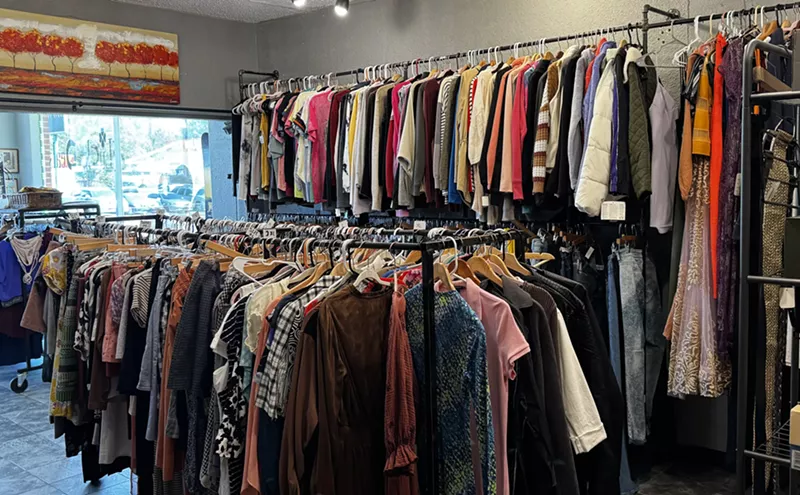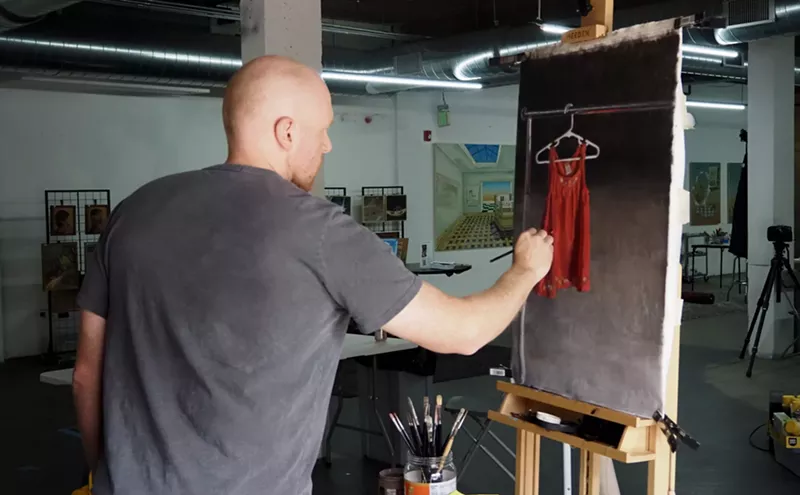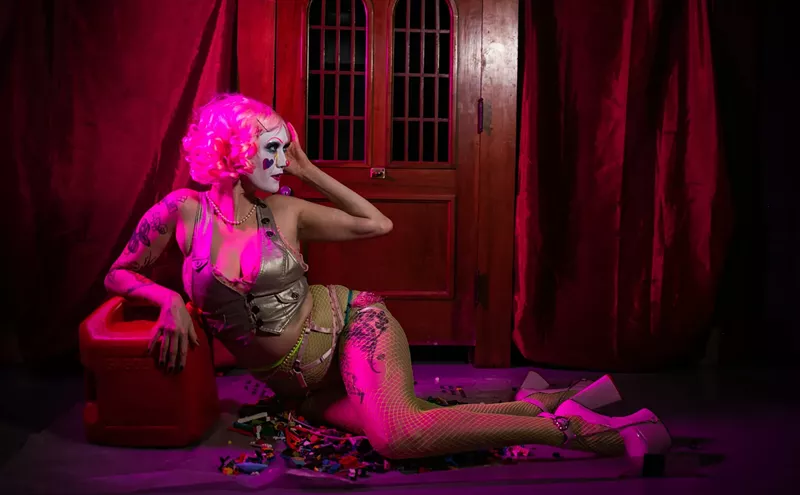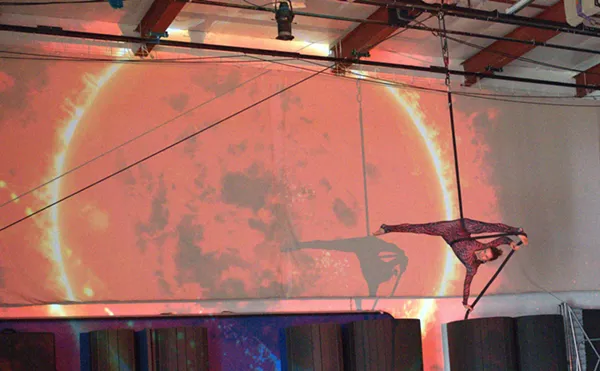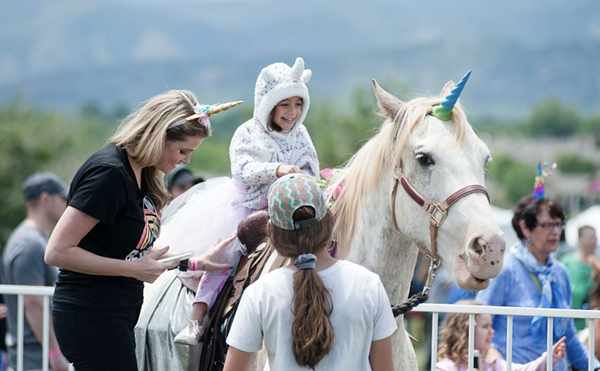Director Marius A. Markevicius shares that fascinating story in his new film, The Other Dream Team, which opens tomorrow at the Landmark Chez Artiste Theatre, which is reopening after a month-long renovation.
See also: - Chez Artiste closed for three weeks for renovations - Best Movie Theater -- Programming - Landmark Chez Artiste
For decades following World War II, Lithuania, among other European nations, remained oppressed by the Soviet Union. During that period, athletes from countries under Soviet rule were required to play for the USSR in international competition.
At the 1988 Olympics in Seoul, South Korea, the USSR men's basketball team won the gold medal, defeating the U.S. in the process. The championship was intensely bittersweet for many of the USSR players, since four of the five in the starting lineup were Lithuanian -- which they could not acknowledge. Arturas Karnisovas, a member of the 1992 Lithuanian Olympic team and current scout for the Houston Rockets, says "As a teenager I worshiped those players. I idolized them. I felt like they won it for Lithuania, not the Soviet Union."
The Soviet's suffocating occupation of Lithuania made life at home a nightmare. "When we were young we believed freedom would never come because we were part of the Soviet Union for so long," Karnisovas recalls. "We always thought freedom was too far away to actually happen."During Karnisovas' youth cars could be purchased, but wouldn't be available for ten years. Almost everyone in the country lived off a designated salary of $100 per month. One member of the Lithuanian team recalled laying down rusty tile on grass and constructing a backboard out of old wood in order to play basketball.
Being away from home while playing basketball wasn't much better. The KGB kept a watchful eye on Lithuanian players, and USSR officials administered character tests to determine whether certain players were qualified to represent the country. Players were relegated to their hotel rooms when traveling, and had to sneak out at night in order to see whatever host country they were playing in.
The Other Dream Team chronicles the lives of key Lithuanian men's basketball team players during this time, while also showing their country's struggle for freedom. And it also captures the glory they achieved after winning bronze in the 1992 Olympic games in Barcelona as an independent nation -- thanks in part to the help of the Grateful Dead who funded much of the team's campaign and donated tie-dye practice uniforms which many of the players wore tirelessly. "I was wearing those tie-dye shirts and shorts with every combination of clothing I had," Karnisovas remembers. "It was our way of saying thanks to the Grateful Dead."
The Other Dream Team opens Friday, October 26, at Chez Artiste. For scheduling information or to purchases tickets in advance, visit the Chez Artiste homepage.
Follow @WestwordCulture



